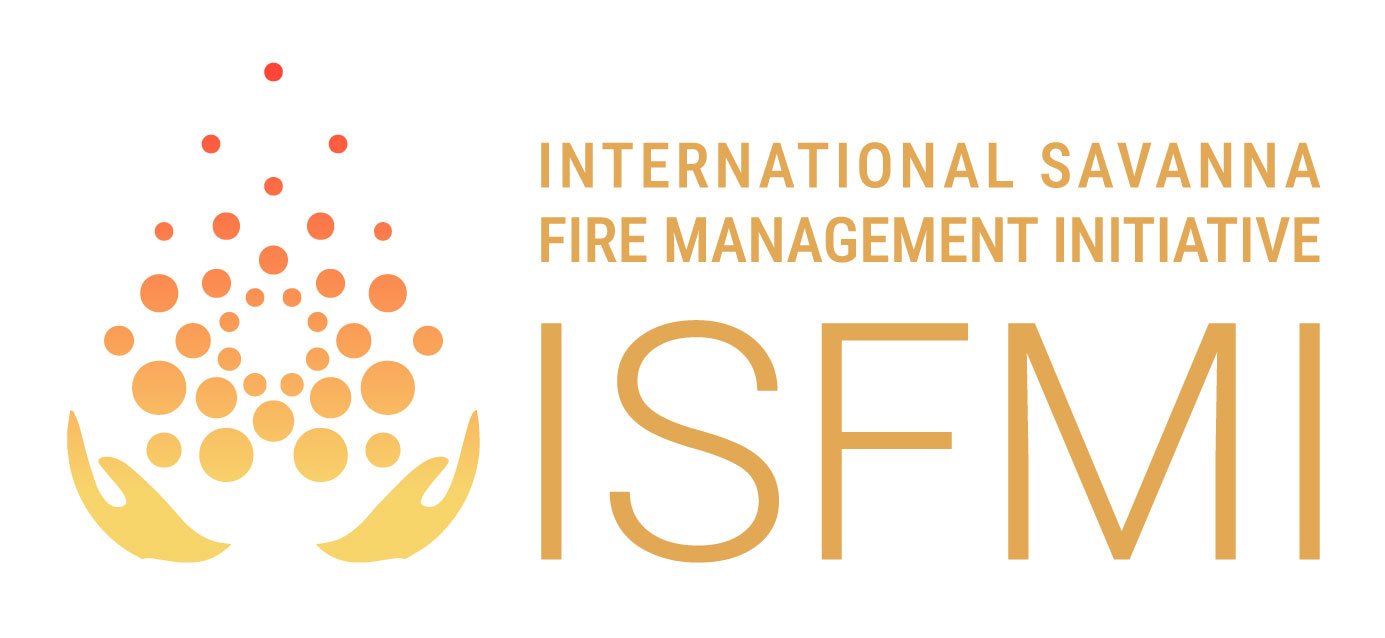ICIN Releases Final Statement from the National Indigenous Carbon Forum
(This content has been prepared by and is credited to ICIN, and available in its original form at www.icin.org.au)
From 16-17 May 2023, 100 representatives from Indigenous groups across Australia met at the National Indigenous Carbon Forum (NICF) to discuss issues from their experience in the carbon industry. This included members of the Indigenous Carbon Industry Network (ICIN) as well as representatives from Indigenous groups who have had mixed experiences working in the industry. A statement was developed in concert with attendees and ICIN members.
On 23 May 2023 this statement was presented by Suzanne Thompson (Iningai), CEO, Yumbangku Aboriginal Cultural Heritage and Tourism Development Aboriginal Corporation (YACHATDAC), to the Carbon Market Institute's (CMI) 7th Carbon Farming Industry Forum. This CMI event has 300 delegates and more that 180 companies represented from across the carbon industry.
"Central to this statement is the belief that this is our space, an Indigenous-led space. Therefore it is vital to ensure the integrity of carbon projects held by First Nations people. Indigenous-owned carbon projects are unique, and special. Also carbon method design must value Indigenous IP and be Indigenous-led. Indigenous land managers are working hard to manage their country and are experts in land and sea management informed by many thousands of generations of practice." Suzanne Thompson presenting the statement in the CMI session Indigenous Carbon – Opportunities & ‘Right Way, Wrong Way Engagement’ with Joe Morrison, Group CEO, Indigenous Land and Sea Corporation; Barry Hunter, Chair, Aboriginal Carbon Foundation; Clark Donovan, Associate Director - Indigenous Carbon, CBA; and Anthony ‘TJ’ Jacobs, Director, Boonthamurra Native Title Aboriginal Corporation.
Quotes from the session:
Joe Morrison congratulated participants on developing the statement and reflected on the long history of Indigenous leadership in the carbon industry, since the early 2000s.
Suzanne Thompson "It is time to step up and take the lead in healing our country."
Barry Hunter in relation to consent said "Be courageous, go out there and have a yarn with people on the ground. There are costs, but that's the cost of doing business."
Clark Donovan said "We want to understand what is happening on the ground. How many people are being employed by these projects and how do the benefits flow back to community?
Anthony 'TJ' Jacobs said in relation to Free Prior and Informed Consent "This is an opportunity to re-engage with country after having been removed from our country."
Key Statement from Attendees at the 2023 National Indigenous Carbon Forum
We are driven by a strong commitment to care for our country, respect for country and culture and support self-determination of our communities
This is our space, an Indigenous-led space. It is vital to ensure that the integrity of projects held by First Nations people is maintained. Indigenous-owned carbon projects are unique, and special.
The Free, Prior and Informed Consent of Native Title holders for a carbon project is required by law. Gaining consent from Traditional Owners for a corporate carbon project is not a valid reason to promote Indigenous values of a project - and therefore gain a premium on the market. Protecting our Indigenous-owned brand is really important. We are concerned by our experience that carbon projects that are not Indigenous-owned are able to attract the ‘Indigenous’ premium price in the market, but yet the benefits are not awarded to us as Traditional Owners.
We want to be properly informed about developments that impact on our country.
We seek respectful partnerships and have a lot of expertise built upon thousands of years of traditional knowledge and practice. We are making a space for government to sit at our table, not the other way around.
Carbon method design must value Indigenous IP and be Indigenous-led. Indigenous land managers are already working hard to manage their country and are experts in land and sea management informed by many thousands of generations of practice.
As Traditional Custodians of our lands, we assert our rights, recognised in the UNDRIP, to the carbon that is stored through healing our country from the damage done by colonisation.
Traditional rights in and obligations to country have been passed down and followed for thousands of years. These rights and obligations are based in fundamental principles centred on connection to country, respect, and consent from the right people for country. Unfortunately non-Indigenous land tenure systems can be complex and time consuming to navigate. It is the responsibility of carbon project developers to make sure they take the time to understand who speaks for Country and who has a right to consent to carbon projects.
Although the carbon economy is still in its formative years, for too long, third parties have exploited the rights of Indigenous people to carbon. It is time to flip this narrative and reframe who benefits from this industry. Traditional Owners must be respected as equal partners, and not simply a gateway or ‘tick and flick’ to access and exploit our lands for the commercial gain of others.
Outside of the 35 Indigenous-owned carbon projects, the carbon industry has become a fast paced, highly commercialised space that is increasingly dominated by large corporates with little to no connection to us or our lands.
Engagement with us about emerging biodiversity markets has to be meaningful if it is to create good outcomes for country.
There is a strong need to support the ongoing role of ICIN as it is providing an important and vital service facilitating Indigenous leadership in this space and informing Indigenous groups about the carbon industry.


